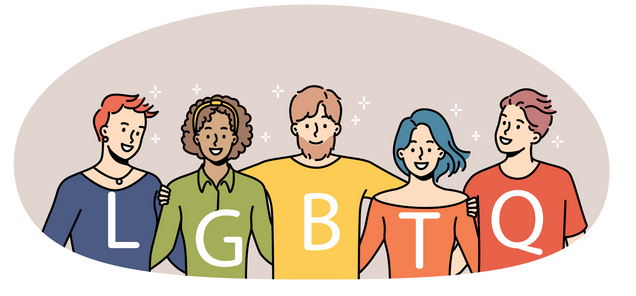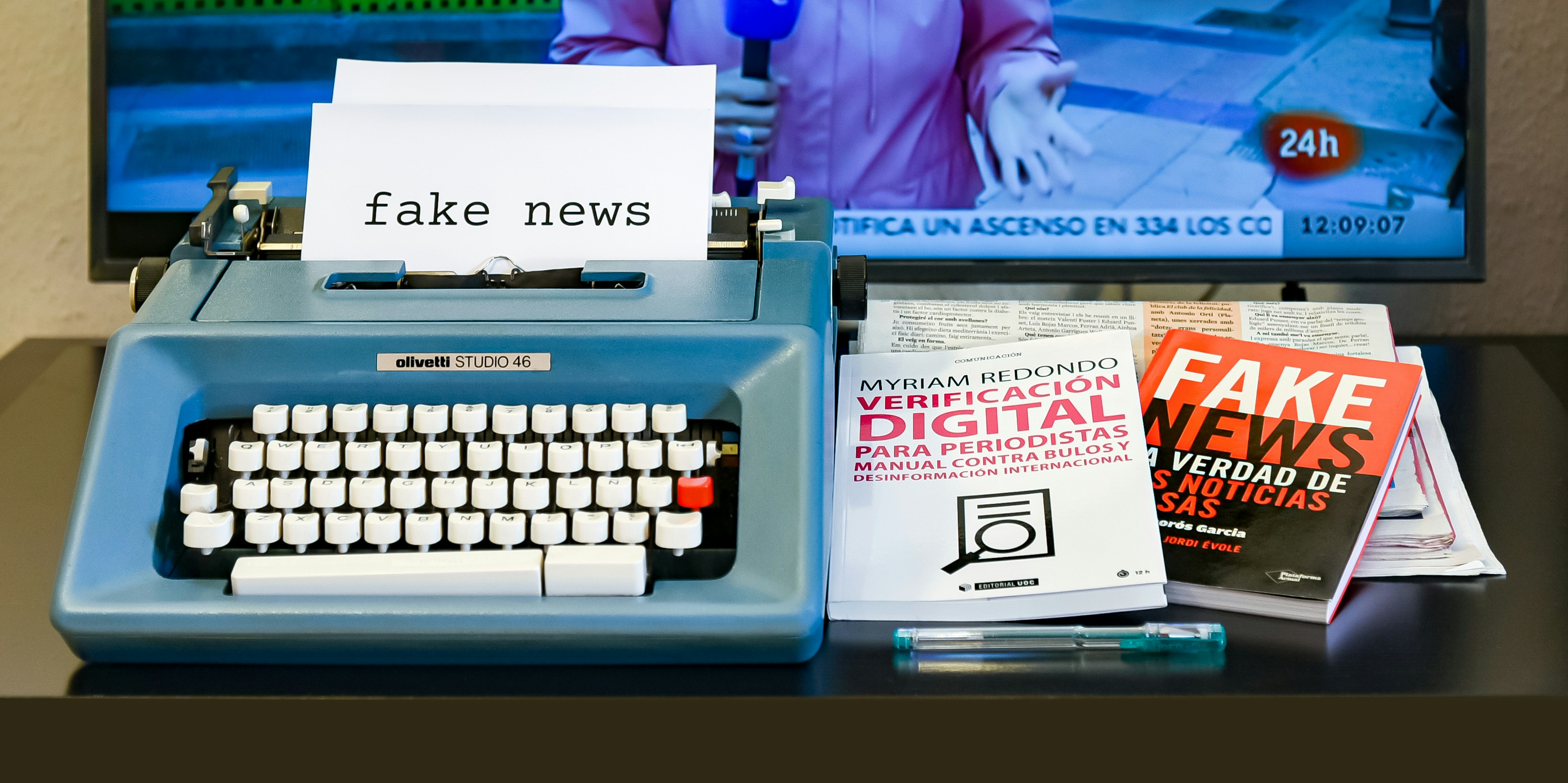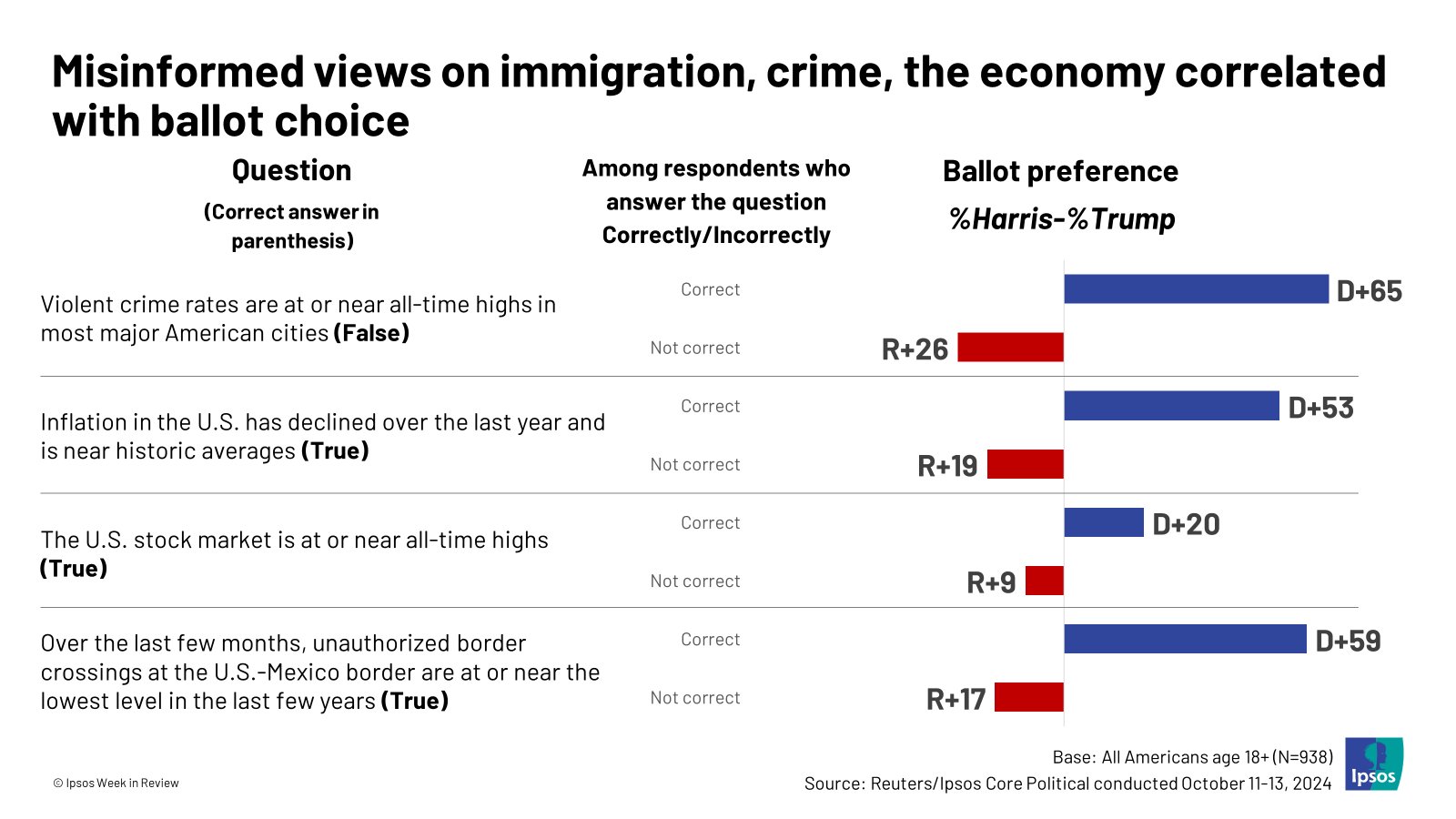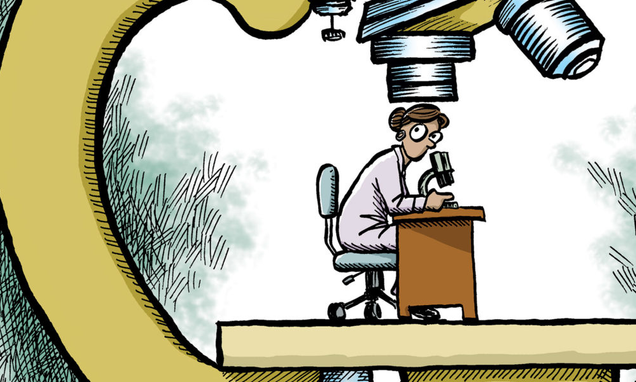Letter from the Director: December 2024
The Fall 2024 Semester in Review
By: Michelle Amazeen
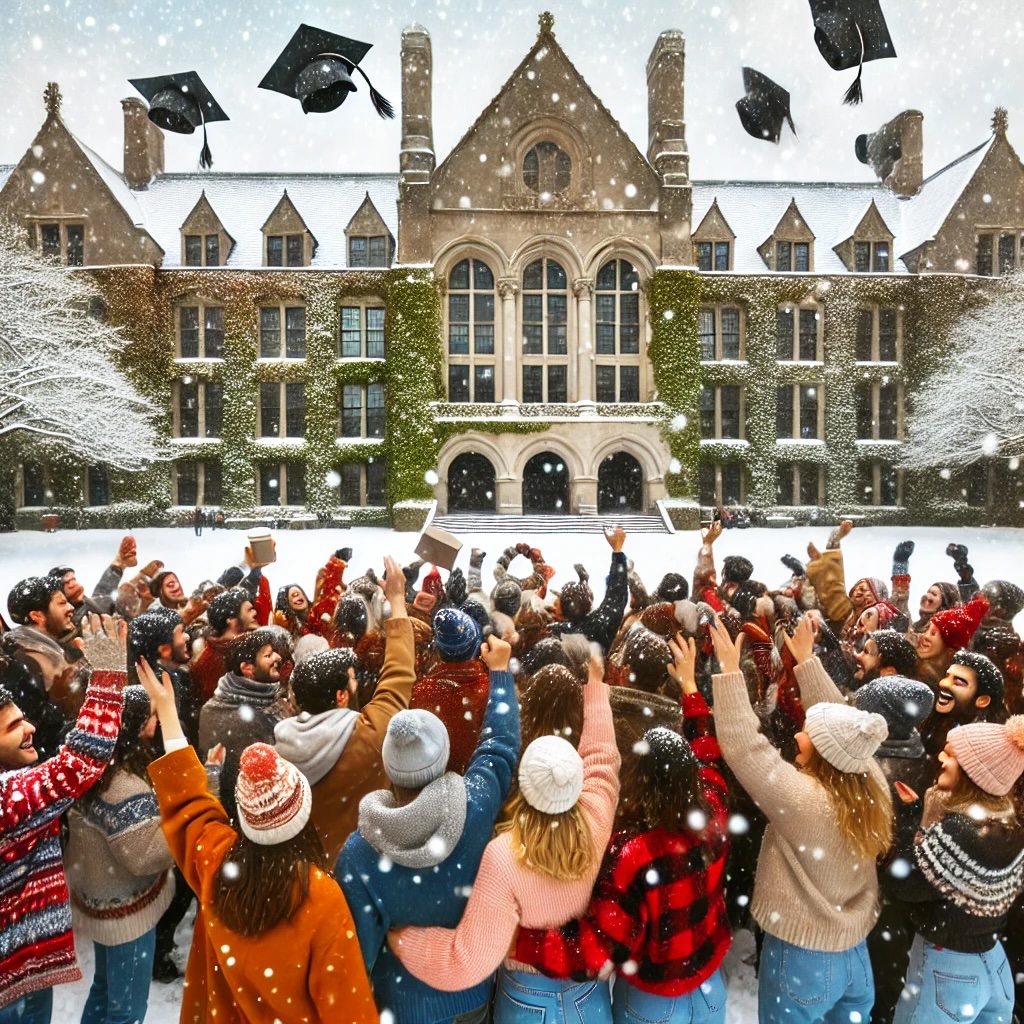
December marks the conclusion of another bustling semester for the CRC which kicked off with our inaugural open house co-hosted with the Center for Innovation in Social Science. We also celebrated the 15-year milestone of our Colloquium Series, which consists of monthly research presentations that highlight current and original research of CRC fellows. Our fall speakers included Dr. Denis Wu (September), Dr. Chris Wells (November), and Dr. Maria “Betsi” Grabe (December).
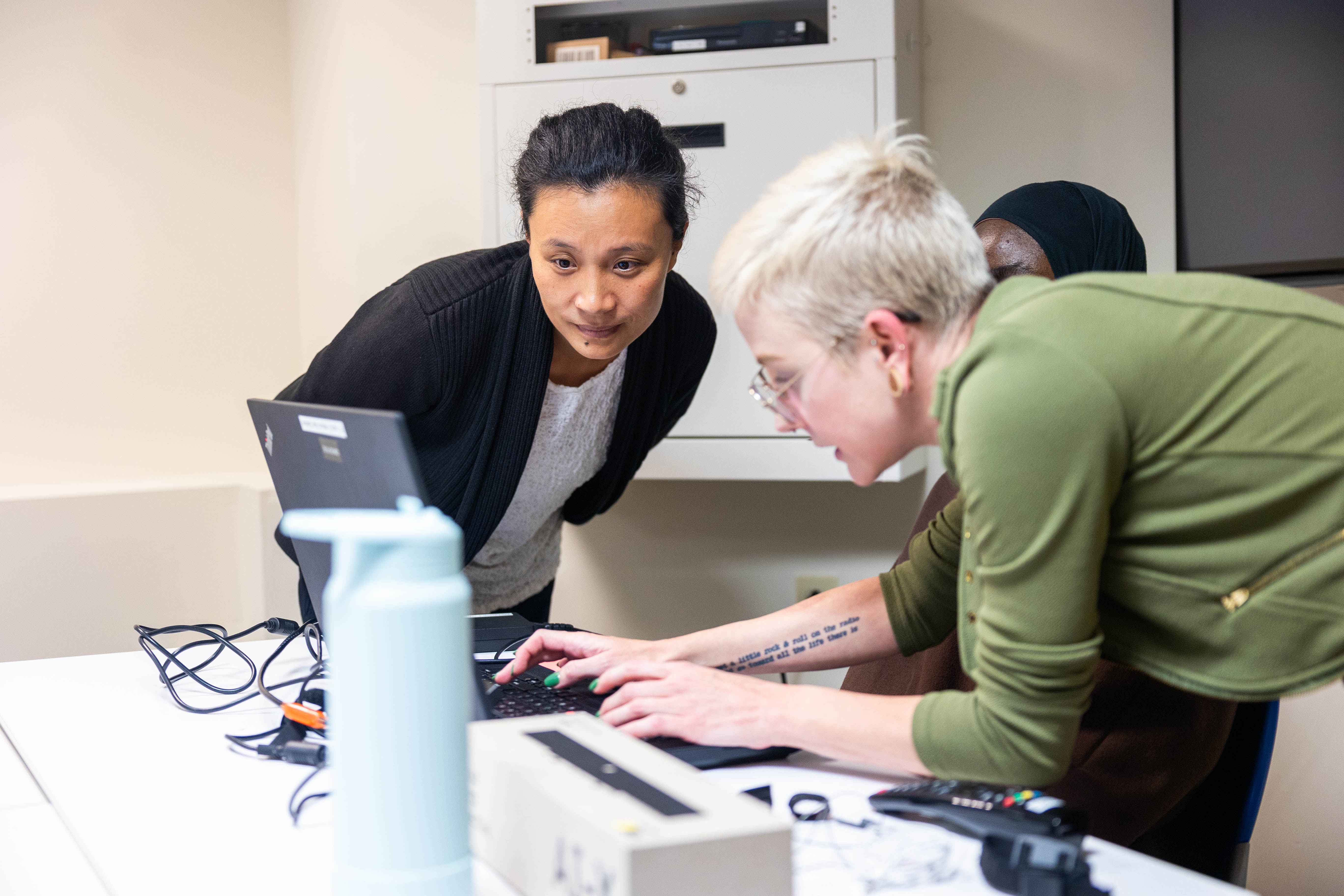
Every semester, the CRC invites a distinguished scholar from outside the university to share their outstanding scholarship, expertise, and experience with the BU community. Our Fall 2024 Dr. Melvin L. DeFleur Distinguished Lecturer was Dr. Bartosz Wojdynski (University of Georgia) who spoke about deepfakes, AI images, and the psychology of detection. We were thrilled to welcome nearly 200 attendees from the BU community and from other universities in the Boston area.
To foster connections within our research community, our faculty fellows met monthly as part of our Work-In-Progress meetings. Special guests this semester included representatives from BU’s Institutional Review Board and from the office of BU’s Foundation Relations. We will continue these meetings in the spring semester on the first Thursday of the month at 3:30 pm. Our first meeting will be February 6th. Moreover, our Lunch & Learn series continued, enabling doctoral students the opportunity to talk with scholars such as Edward Schiappa, Ph.D, Arunima Krishna, Ph.D, Maria Grabe, Ph.D, and Katy Coduto, Ph.D, about their academic research and careers.
We concluded the semester with an onsite workshop focused on training faculty fellows on our biometric technology. Led by an iMotions Product Specialist, the workshop offered an introduction to the iMotions software, theoretical insights into neuroscience and voice analysis, and practical, hands-on experience with the hardware and software required for conducting in-depth analyses with these tools. If you are interested in learning more about biometrics, short primers are available here and here.
Given the University’s commitment to involving students in research, the CRC continued to facilitate fellows’ efforts to recruit students as research participants via our SONA research participant management system. SONA provides both graduate and undergraduate students with the opportunity to engage in various research activities across COM while earning course credit. This semester, students from 42 different COM courses had access to 26 research opportunities. Faculty fellows (or their advisees) who utilize CRC resources are required to register their courses with SONA. We encourage you to consider including your courses in the upcoming Spring semester. To enroll, please complete this form. For more details about the SONA program, visit our website or email us comsona@bu.edu.
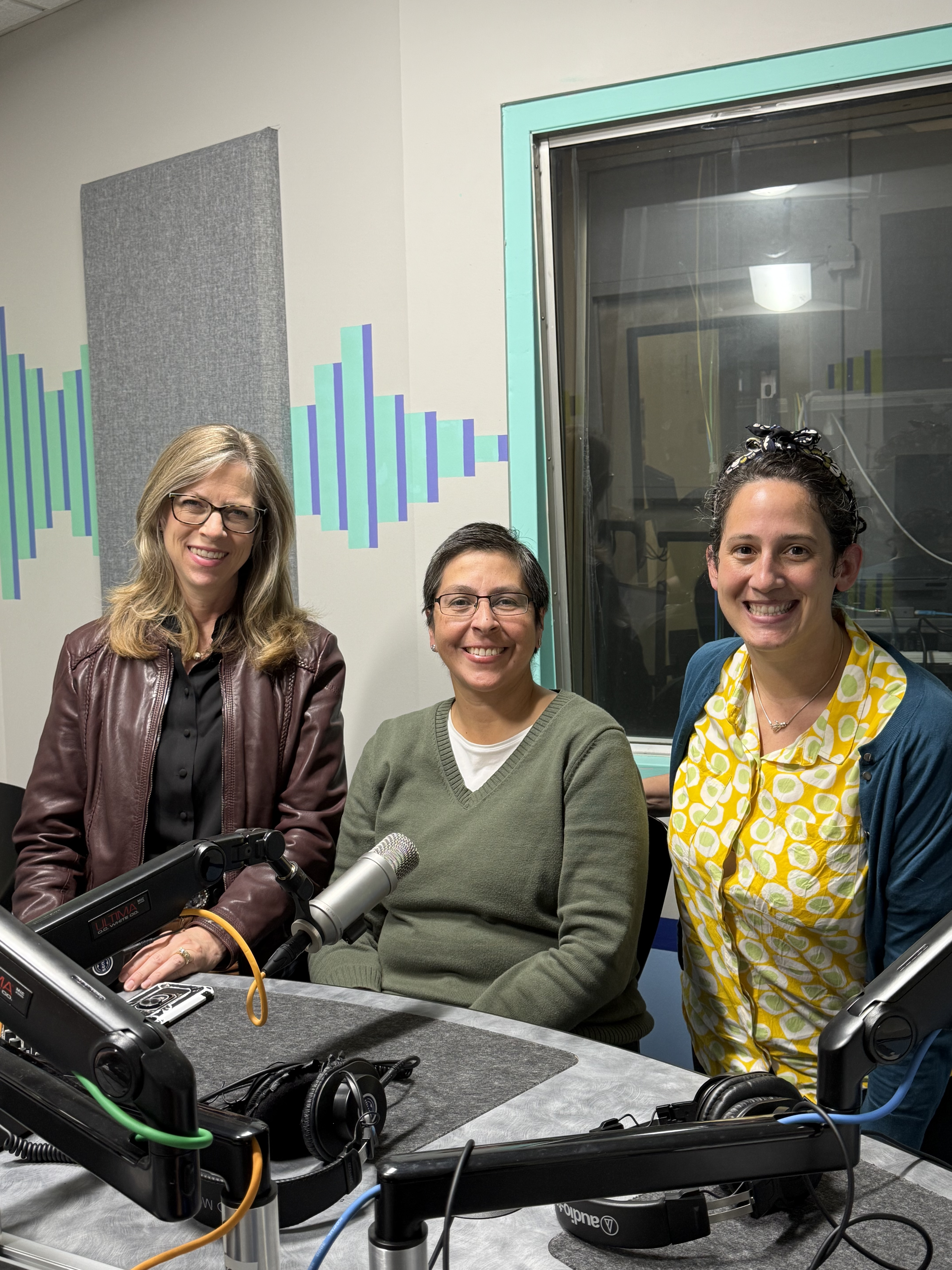
The CRC also sought to advance the thought leadership of its fellows with the Media & Technology Public Opinion Poll. In August, Prof. Anne Danehy lent her expertise to a poll about candidate imagery: Democrats’ Convention Knocked Trump’s Image Among Independents, Survey Suggests. Our September poll addressed social media warning labels that corresponded to research from Dr. Traci Hong: Social Media Should Include Warnings About Nicotine, Vaping – and Social Media Itself, Say Large Majorities. And in October, our poll examined gendered media effects with Dr. Nivea Canalli Bona: Social Media Negatively Impacts Women More than Men, Americans Say in Survey. Faculty fellows interested in participating in a future poll can propose topics of interest by completing this form.
Finally, to make communication research more accessible to the public, the CRC has launched The COMversation, a podcast that connects academic insights with current events. Hosted by Dr. Charlotte Howell, the debut episode dives into the evolving norms of communication and the role of misinformation in politics, providing listeners with an engaging, in-depth discussion on these timely issues. And, as of today, the second episode Wicked Success has been released; it explores the rise in on-screen adaptations, big-budget marketing tours, and what led to the wicked success of Wicked Part 1.
None of these efforts would have been possible without the commitment and hard work of our staff this fall. I am tremendously grateful to our Lab and Research Manager, Amanda King, who received their certification from iMotions in human behavior research and has been offering an unbelievable number of workshops to our students throughout the semester. I would also like to thank our wonderful graduate and undergraduate assistants who helped to keep the Center running. Yelena Rodolitz (EMS) is our SONA administrator doing the behind-the-scenes work on our research participant management system. Yifang “Violet” Li (MCR) is our Communications Assistant writing about and promoting our activities. And Abby Bonner (FTV) and Eliza Lakritz (MS/AH) are our Podcast Assistants putting all the procedures and protocols in place for getting our podcast launched. Thanks to all, and I’m delighted our assistants will be continuing with us in the spring semester.
To our CRC community of fellows, I wish you all a joyous and restful holiday season and look forward to the many new and exciting activities we are planning for 2025!
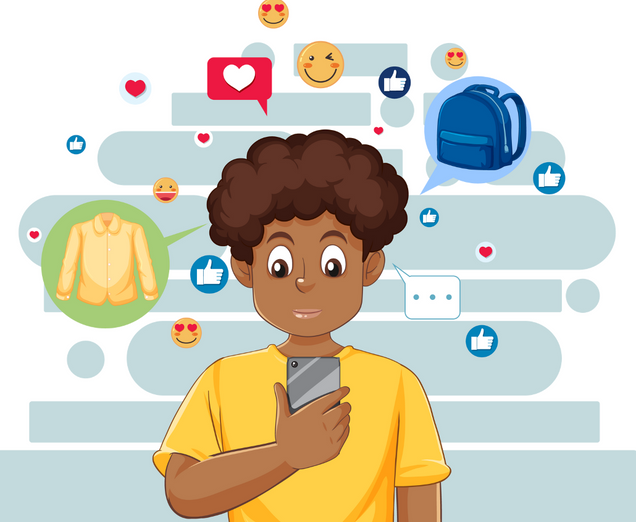
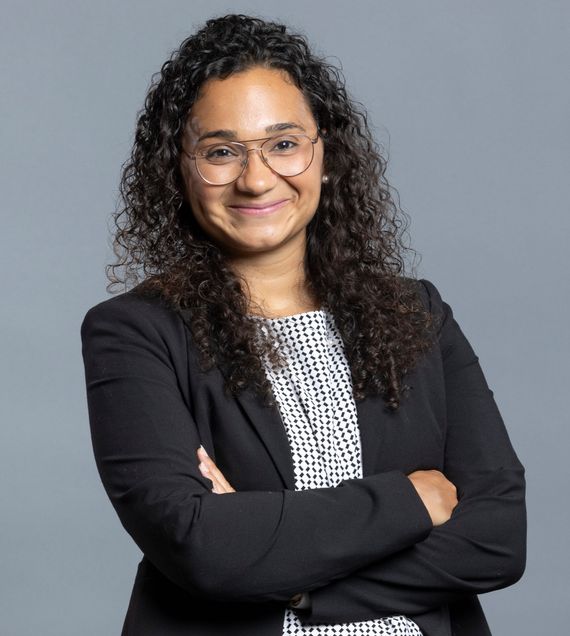 issues, showcasing the power of research to make meaningful contributions. As we look ahead to the next round of funding in Spring 2025, we celebrate the grant recipients and their exceptional work.
issues, showcasing the power of research to make meaningful contributions. As we look ahead to the next round of funding in Spring 2025, we celebrate the grant recipients and their exceptional work.